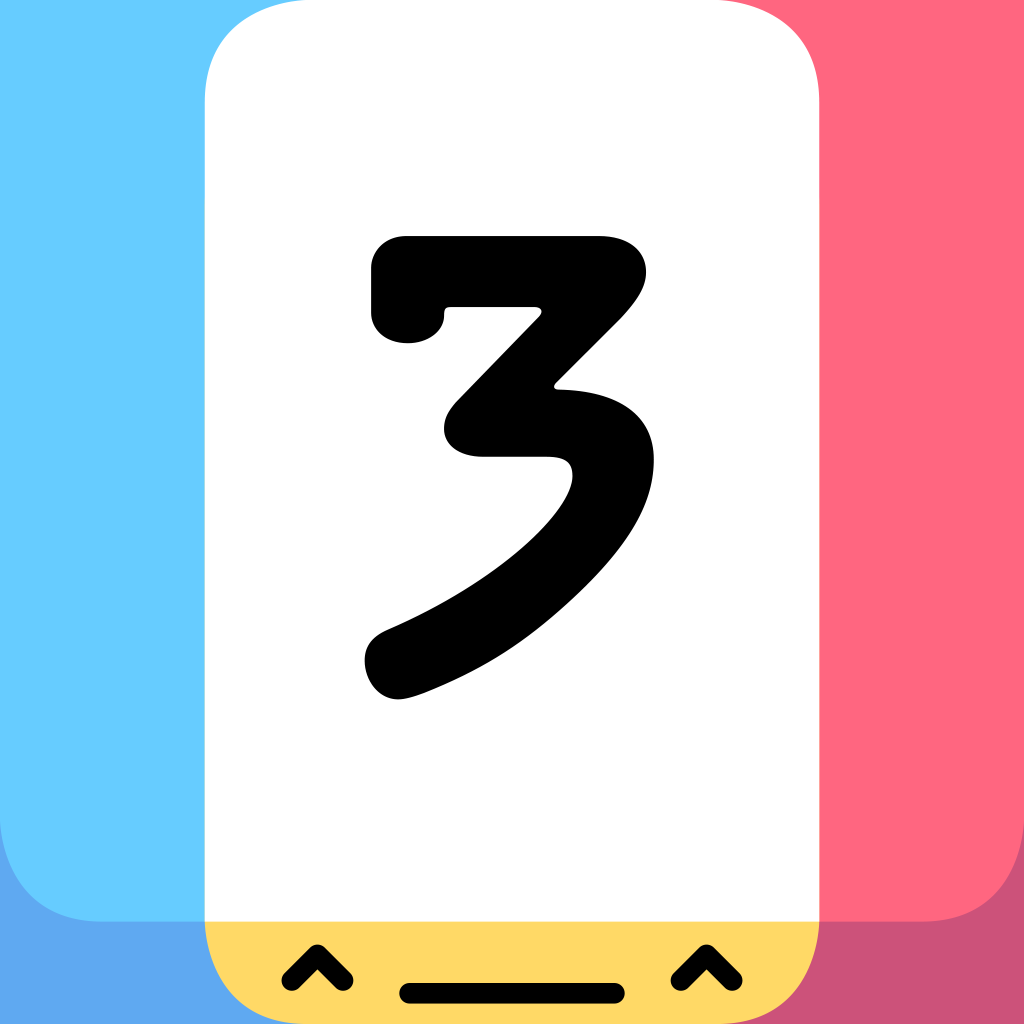

Exercise Your Brain With The Puzzling And Musical Polygon Evolution

Polygon Evolution (Free) by Alex Dantis, creator of the awesome Synesthetic, is a complex puzzle game that is definitely for advanced players. What looks like it should be easy is actually quite challenging behind all of the neon colors and beats, but can you handle it? Let’s find out.

You don’t want to miss the included tutorial in Polygon Evolution, which is something I went through three times before even having an idea about how the game works. It’s not unreasonably difficult, but at the same time, it’s no walk in the park by any means. Essentially, there is a large board consisting of hexagons, where “cells” can occupy themselves. Any given cell has its own specific order, ranging from a single dot, to a line, cross, triangle, or hexagon. The higher the order, the more powerful the cell.
One thing that didn’t strike me at first but has become obvious now is that the gameplay, while completely different in and of itself, is very analogous to that in Threes!. Just like a Threes! player must make threes before making higher numbers, which must be combined with themselves to be doubled, in Polygon Evolution, players can only create dot cells, which must be combined in lines of at least three to make line cells, cross cells, and so forth.
Of course, you can’t just go around creating dot cells mindlessly, since there is a turn limit in place, and the evil “opponent” cells will come into play at some point. Black opponent cells can do exactly what your cells can, and will mimic your moves in their preferred direction — something that is difficult to predict or even notice at times when things are busy. To avoid having these suckers take over the whole board, creating cells of a higher order (triangle or above) will wipe these bad guys out.
Having to worry about all these parameters, including a few others like how you can only create cells that branch off of your own, getting even somewhat far in Polygon Evolution is like solving a seemingly invalid equation. With practice, things do get easier, as you’ll get an eye for what to do next and will, just like in Threes!, be able to set up good arrangements of cells. But in reality, even that’s hard, and after playing until getting a headache, the game still feels like it was created for Einstein.
Despite not being for the faint of heart who are looking for an easy, relaxing puzzle game, Polygon Evolution is perfect for anyone who loves tinkering with things and trying to learn complex concepts. If you’re a hands-on learner who is able to look at a situation from all sorts of angles while asking many questions and formulating ideas, then this universal game could be great for you.

Besides including a few in-app purchases for hints, which will make the game easier, and for visual themes, Polygon Evolution is absolutely free to play, available on the App Store here.
Mentioned apps












